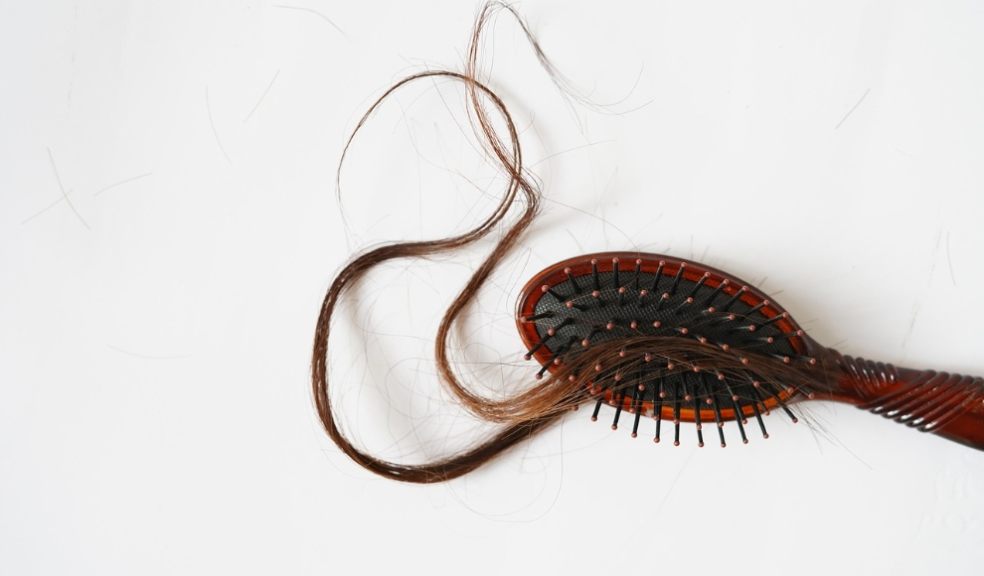
There is something fishy about your receding hairline
A hair transplant surgeon has warned that your daily tuna sandwich could be accelerating hair loss due to high mercury levels.
Dr. Mehmet Erdogan, Co-Founder and Hair Transplant Surgeon at Smile Hair Clinic, revealed that consuming tuna regularly exposes people to dangerous levels of mercury that can damage hair follicles.
"That tuna sandwich you have every day might be the culprit for your receding hairline," Dr. Erdogan said. "A study from 2019 has found that high mercury dietary intake via tuna consumption has caused hair loss for a 43-year-old woman."
According to the hair expert, eating just one tuna sandwich daily increases mercury intake to 7.8 times higher than the UK average, potentially causing not only hair loss but also damage to the nervous system and kidneys.
Research from the Food Standards Agency confirms that mercury builds up in tuna when they consume contaminated prey, with levels significantly higher than in many other fish species.
The FSA advises that pregnant women should limit their intake to no more than four cans of tuna weekly, but the implications for hair health apply to everyone.
This concern has led some organizations to take action. According to a BBC News report, some nurseries in the UK have banned tinned tuna from their menus, replacing it with other fish like pilchards and mackerel after research revealed concerning levels of mercury contamination.
It's not just tuna that poses a risk to your hairline. Dr. Erdogan cautioned about other fish consumption patterns as well.
"Foods rich in fish oil, such as salmon, anchovies and sardines, when consumed excessively, might cause hair loss," he explained. "A 2022 study on mice found that feeding mice a high-fat, fish oil–rich diet for three months resulted in significant hair loss."
The surgeon clarified that moderate consumption, about twice weekly, remains safe, but a predominantly fish-based diet maintained for extended periods could accelerate hair loss.
High-sugar foods represent another threat to healthy hair, according to Dr. Erdogan.
"Eating high-sugar foods can affect hair follicles by causing inflammation and follicular metabolic changes," he said. "A study involving 1,000 men from 2022 found that consuming high levels of sugar resulted in significantly more hair loss than those with lower sugar intake."
Dr. Erdogan warned that many seemingly healthy foods contain hidden sugars.
"Even consuming apparently 'healthy' foods such as flavoured yoghurts, breakfast cereals and some types of bread can elevate your sugar intake levels without you even realising it," he cautioned.
For those concerned about maintaining a healthy head of hair, Dr. Erdogan recommends eggs as an excellent dietary choice.
"Egg yolks are a rich source of protein, biotin and vitamin D, nutrients important for hair health and growth," he said. "Hair follicles are mostly made of protein, called keratin. While eggs do contain keratin, biotin is also essential to support the body to regulate and produce its own keratin."
Spinach also earned praise from the hair expert as a beneficial addition to any hair-health diet.
"A lack of vitamins and nutrients that are important for hair growth can be one of the main causes of hair loss. To prevent nutrient deficiency, especially iron, vitamin C, vitamin A and folate, spinach can be introduced as a healthy addition to the diet," Dr. Erdogan explained.
The benefits of spinach extend beyond hair health, with studies showing it supports eye health, boosts heart health, and has antioxidant effects.
Dr. Erdogan emphasized that diet alone isn't the only factor affecting hair health.
"Apart from diet, there are many other lifestyle choices which can contribute to a healthier scalp and hair. Even basic actions such as sleeping eight hours per day, exercising regularly and keeping a normal scalp hygiene will help your hair and follicle health and delay or prevent hair loss," he said.













